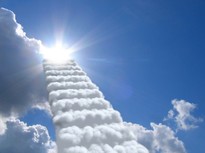
For Judaism, Christianity, and Islam this is resurrection and Olam Ha Ba (the world to come), Heaven or Jannah respectively. For Hindus it is Moksha and for Sikhs it Mukti. But what if you don’t have a deity?
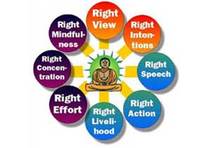
This is to be done through practicing “the middle way” between asceticism (giving things up) and excess and following the Dharma (teachings) of the Buddha such as the five moral precepts and eight-fold path.
“the far shore, the subtle, the very difficult to see, the unaging, the stable, the undisintegrating, the unmanifest, the unproliferated, the peaceful, the deathless, the sublime, the auspicious, the secure, the destruction of craving, the wonderful, the amazing, the unailing, the unailing state, the unafflicted, dispassion, purity, freedom, the unadhesive, the island, the shelter, the asylum, the refuge...” (Samyutta Nikaya 43:14)
Are you satisfied by this description? Do you think that there must be more to life after death than being extinguished? or does this idea appeal to you?
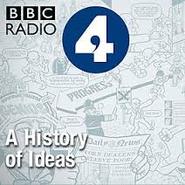
On 02/04/15 - as part of the BBC's A History of Ideas (which I have blogged about previously) - the philosopher Naomi Appleton explored the Four-Noble truths as part of a series of programmes on "how to live the good life". She speaks to a Buddhist nun who used to be a model, and investigates mindfulness and the path towards Nirvana.


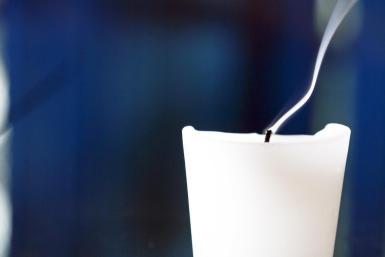
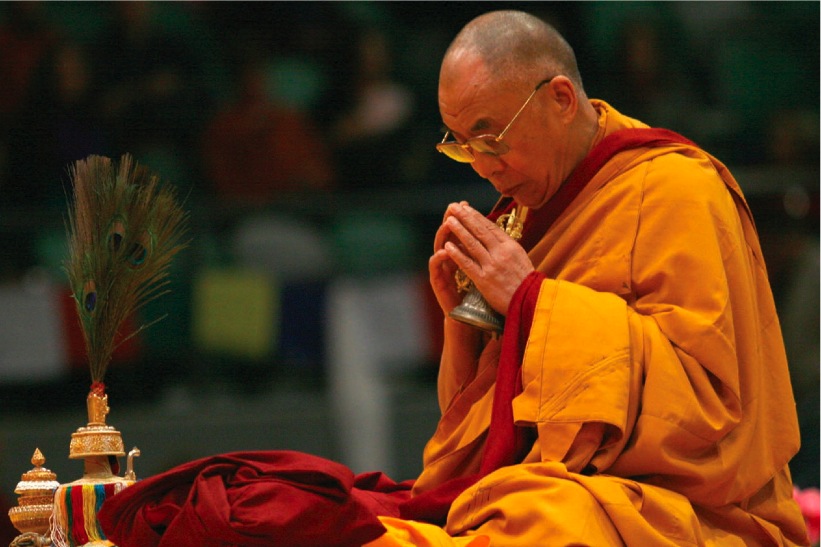
 RSS Feed
RSS Feed
